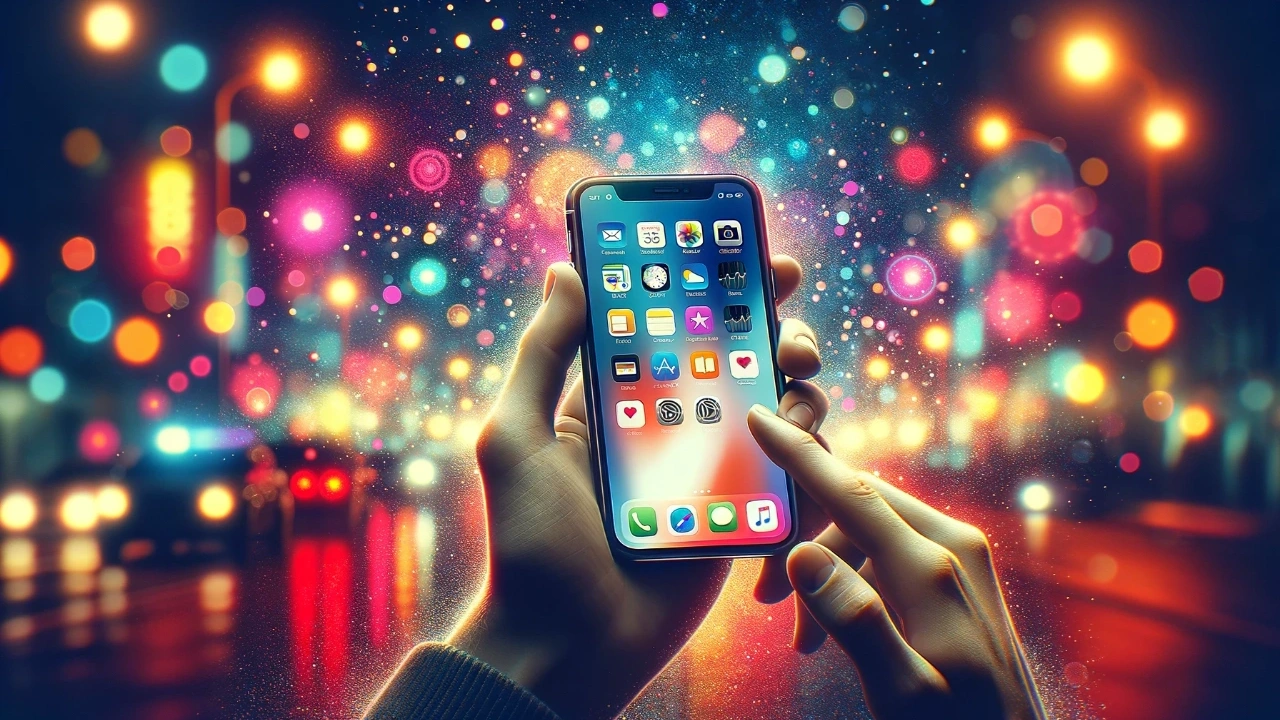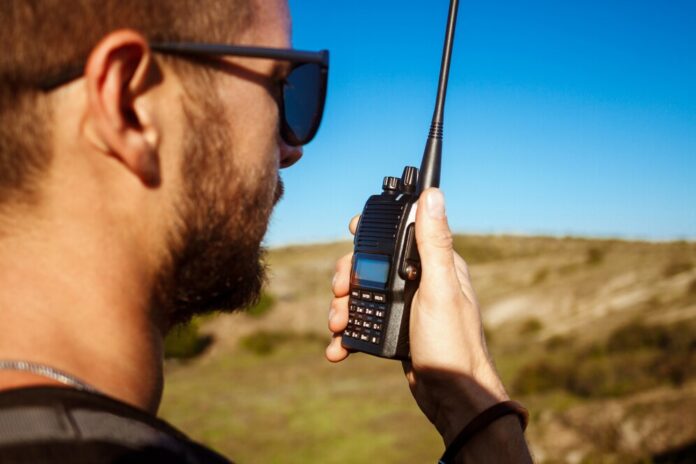Apple recently released its iOS 17.2 software update, which brings a range of new features to the iPhone, one of these is the ability to change your iPhone Notification sounds. his long-awaited feature allows users to choose from a variety of built-in sounds or even import their own custom tones. Whether you want a more subtle or attention-grabbing alert, this new option gives you greater control over your iPhone’s notification experience.
This guide is designed to show you how to easily change the notification sounds on your iPhone. To do this, you will need to update your iPhone to the latest version of iOS, which is iOS 17.2.
Step-by-Step Guide to Changing Your iPhone Notification Sounds
- Access the Settings App: Begin by launching the Settings app on your iPhone.
- Navigate to Sounds & Haptics: From the Settings menu, locate and tap the option labeled “Sounds & Haptics.” This will open the dedicated settings panel for audio and haptic feedback on your iPhone.
- Identify the Default Alerts Option: Scroll down the list of options until you find “Default Alerts.” Tap on this setting to access the customization options for the default notification sound.
- Choose Your Preferred Sound: Select the desired notification sound from the available options. You can choose from the built-in sounds like Chime, Glass, or Hero, or explore the Tone Store to find more unique and creative tones.
- Preview the Notification Sound: Before finalizing your selection, tap on the preview button to listen to the chosen notification sound. This allows you to ensure that the sound matches your preferences and doesn’t clash with other audio sources.
- Set Custom Notification Sounds for Specific Apps: If you prefer to have different notification sounds for different apps, you can still do so by accessing the notification settings for each individual app. Simply navigate to Settings > Notifications and select the desired app. You’ll find the option to customize the sound, vibration pattern, and appearance of notifications for that specific app.
Additional Tips for Customizing Your Notification Experience:
- Explore Third-party Tones: While iOS provides a decent selection of built-in notification sounds, you can also import custom tones from third-party apps or websites. Simply download the tone file and transfer it to your iPhone’s appropriate location.
- Consider Haptics: Alongside the notification sound, you can also customize the haptic feedback that accompanies notifications. This adds a subtle physical sensation to the notification experience, making it even more engaging.
- Create a Consistent Theme: If you’re particularly fond of a particular sound, consider using it for other alerts like the ringtone, new mail notifications, and calendar alerts. This creates a cohesive and personalized notification experience across your iPhone.
- Respect Quiet Settings: Remember to adjust your notification settings accordingly when in situations that require focus or silence. You can temporarily disable notifications or set them to vibrate only to avoid distractions.
With iOS 17.2, Apple has given iPhone users greater control over their notification experience. By customizing the default notification sound, you can personalize the way your iPhone alerts you to new messages, calls, and other important events. Take advantage of this feature to create a notification experience that suits your preferences and lifestyle. You will need to download the new iOS 17.2 software update to use this feature. You can find out more details about it over at Apple’s website.
Filed Under: Apple, Apple iPhone, Guides
Latest aboutworldnews Deals
Disclosure: Some of our articles include affiliate links. If you buy something through one of these links, aboutworldnews may earn an affiliate commission. Learn about our Disclosure Policy.







